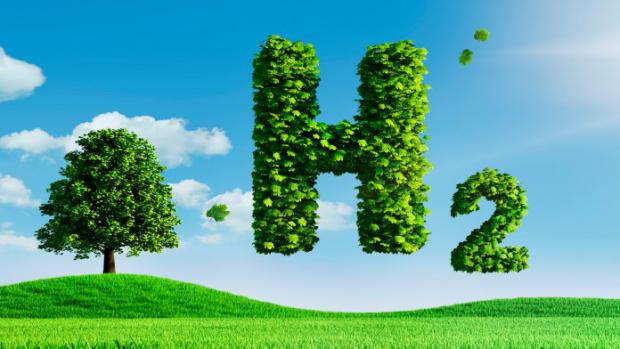
Breaking News
 America's Streets Are Filled With Poop, And Billions Of Gallons Of Untreated Wastewater...
America's Streets Are Filled With Poop, And Billions Of Gallons Of Untreated Wastewater...
 3 Million Pages of Child Sex Trafficking, So, What Is the FBI Doing?
3 Million Pages of Child Sex Trafficking, So, What Is the FBI Doing?
 Communists Once Again Suck At Hockey
Communists Once Again Suck At Hockey
 Grand Theft World Podcast 274 | Epstein Apocalypse with Guest Santos Bonacci
Grand Theft World Podcast 274 | Epstein Apocalypse with Guest Santos Bonacci
Top Tech News
 New Spray-on Powder Instantly Seals Life-Threatening Wounds in Battle or During Disasters
New Spray-on Powder Instantly Seals Life-Threatening Wounds in Battle or During Disasters
 AI-enhanced stethoscope excels at listening to our hearts
AI-enhanced stethoscope excels at listening to our hearts
 Flame-treated sunscreen keeps the zinc but cuts the smeary white look
Flame-treated sunscreen keeps the zinc but cuts the smeary white look
 Display hub adds three more screens powered through single USB port
Display hub adds three more screens powered through single USB port
 We Finally Know How Fast The Tesla Semi Will Charge: Very, Very Fast
We Finally Know How Fast The Tesla Semi Will Charge: Very, Very Fast
 Drone-launching underwater drone hitches a ride on ship and sub hulls
Drone-launching underwater drone hitches a ride on ship and sub hulls
 Humanoid Robots Get "Brains" As Dual-Use Fears Mount
Humanoid Robots Get "Brains" As Dual-Use Fears Mount
 SpaceX Authorized to Increase High Speed Internet Download Speeds 5X Through 2026
SpaceX Authorized to Increase High Speed Internet Download Speeds 5X Through 2026
 Space AI is the Key to the Technological Singularity
Space AI is the Key to the Technological Singularity
 Velocitor X-1 eVTOL could be beating the traffic in just a year
Velocitor X-1 eVTOL could be beating the traffic in just a year
HOW GREEN HYDROGEN COULD CHANGE THE WORLD

All hydrogen in the universe appeared in the first few moments of the Big Bang. It is the third most abundant element on the Earth's surface after oxygen and silicon. And the good news is that it has the potential to replace dirty fossil fuels. There is already progress in this direction. For instance, Toyota currently produces a hydrogen fuel cell-powered Mirai passenger car, and Honda promises to install a hydrogen engine in the CR-V in 2023. MAN Truck & Bus produces urban low-floor buses powered by hydrogen fuel cells, and Boeing is developing unmanned aircraft powered by the same hydrogen fuel. In reality, the technology is not new–the world's first hydrogen vehicle appeared in 1966 – GMC converted their Handi-Bus to Electrovan. So why hasn't hydrogen gained massive popularity yet? Can hydrogen change the world for the better? When will it happen? And what do we have to do? First, we need to understand the basic methods for producing hydrogen. There are many kinds of hydrogen and all of them are classified by color. This is all a little ironic, given that hydrogen is actually a colorless gas.



